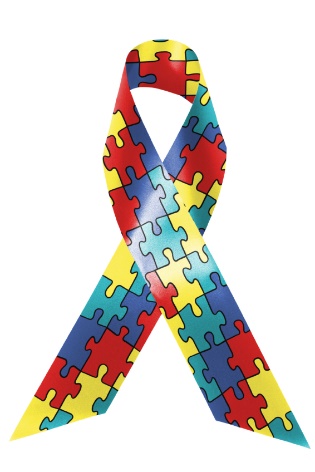Living with Autism: Journey to Adulthood
 A new report from Drexel University highlights some of the challenges faced by many teens and young adults with autism.
A new report from Drexel University highlights some of the challenges faced by many teens and young adults with autism.
The 2018 National Autism Indicators Report presents an updated look at the characteristics and experiences of teens and young adults on the autism spectrum. More than three in four teens and young adults with autism were male, including 83% of teens (12-18) and 76% of young adults. The report notes that high schoolers on the autism spectrum today are less likely than their counterparts from a decade or more ago to also have an intellectual disability. They are also growing up at a time when awareness is increasing and expectations for full inclusion are changing.
Communication and social participation
One of key areas of difficulty for people on the autism spectrum is communication and social interaction. The National Autism Report found that more than one in four of teens with autism spectrum disorder had trouble with basic communication; nearly 70% were able to communicate somewhat or very well about things that really mattered to them. In addition,
- 32% had difficulty holding a conversation
- 70% had at least some trouble understanding what was said to them
- 57% had a lot of difficulty making and keeping friends
While increasing independence is a big part of most teens’ experience, more than one in three teens with autism were not able to, or were not allowed to, go places outside of the home on their own.
The report also found that teens from low income and minority families faced additional difficulties. Teens from lower-income households had more trouble sharing ideas or talking about things that matter and were more likely to have serious difficulty concentrating, remembering, or making decisions than their peers from higher-income households. Black teens with autism were more likely to have difficulty with language expression and conversation than their white or Hispanic peers.
Other Health/Mental Health Conditions
In addition to specific symptoms of autism, people with autism frequently experience other health and mental health conditions. Among teens with autism:
- 76% were diagnosed with ADHD, anxiety and/or depression
- 48% were taking prescription medications for attention, behavior or mood
- 57% had received mental health treatment or counseling in the previous year
Autism also affects the whole family. For example, nearly half of parents of teens with autism spent several hours weekly arranging and coordinating health care.
References
Shattuck, PT, et al. National Autism Indicators Report: High School Students on the Autism Spectrum. Philadelphia, PA: Life Course Outcomes Program, A.J. Drexel Autism Institute, Drexel University, 2018.
